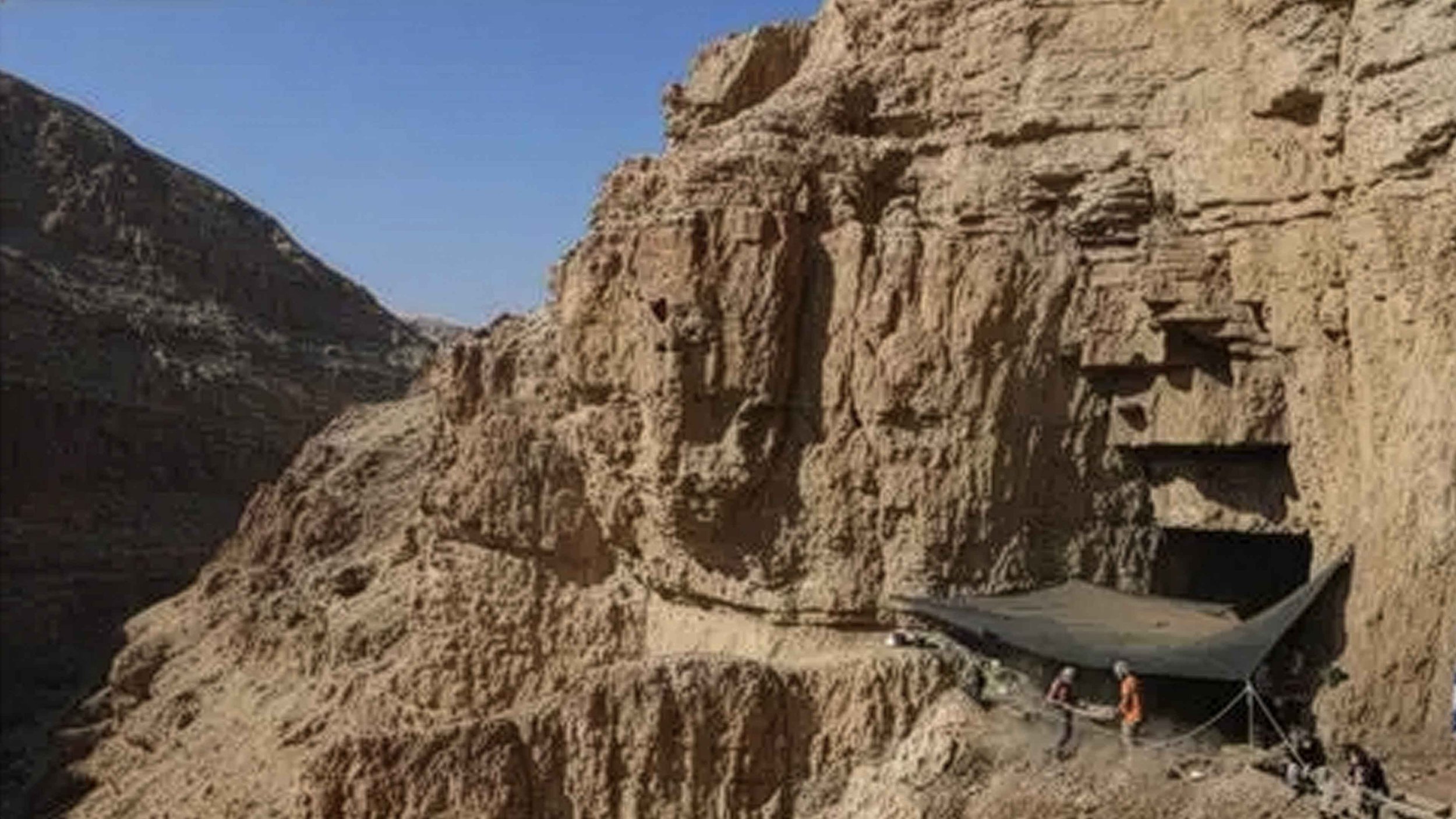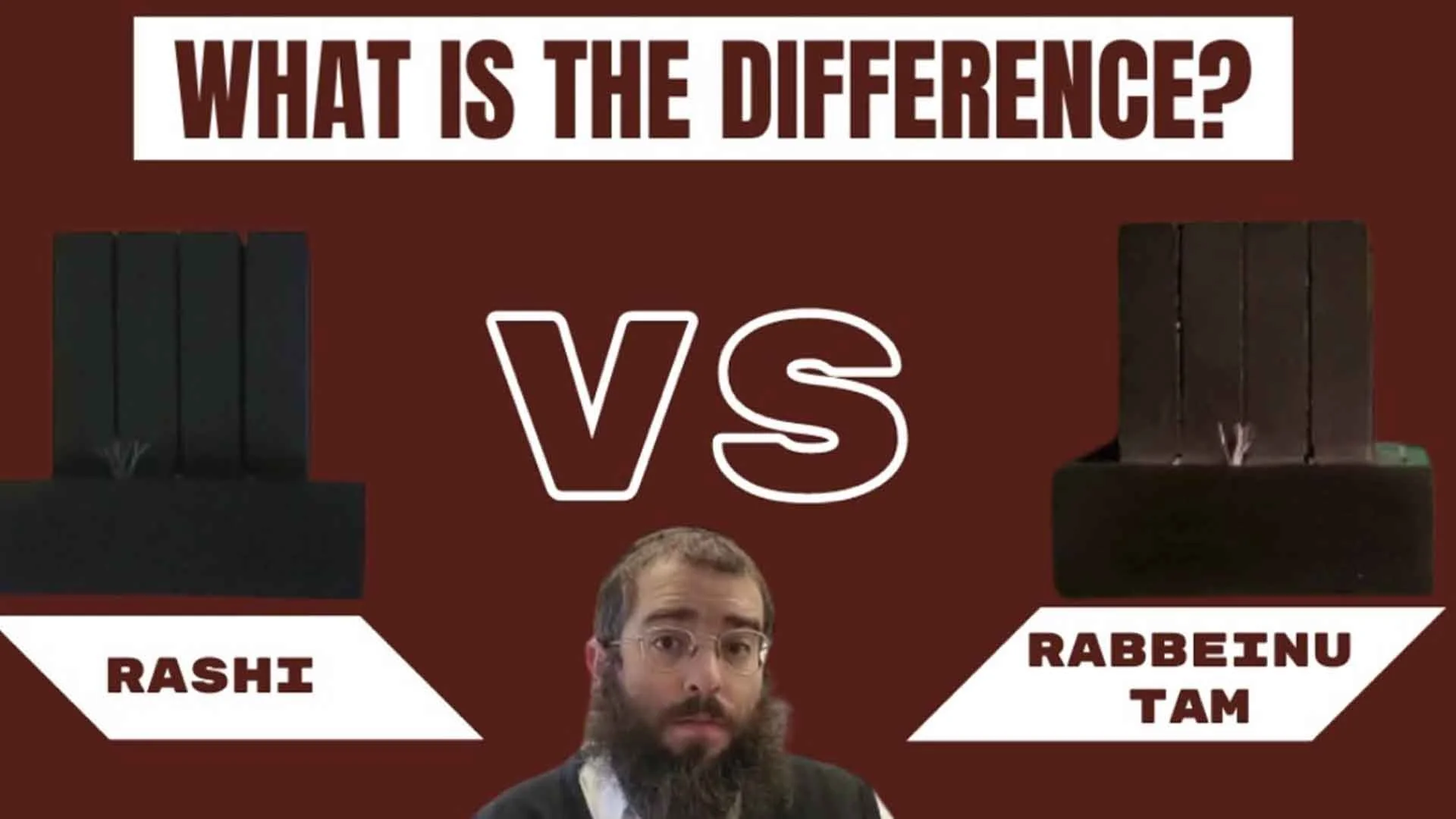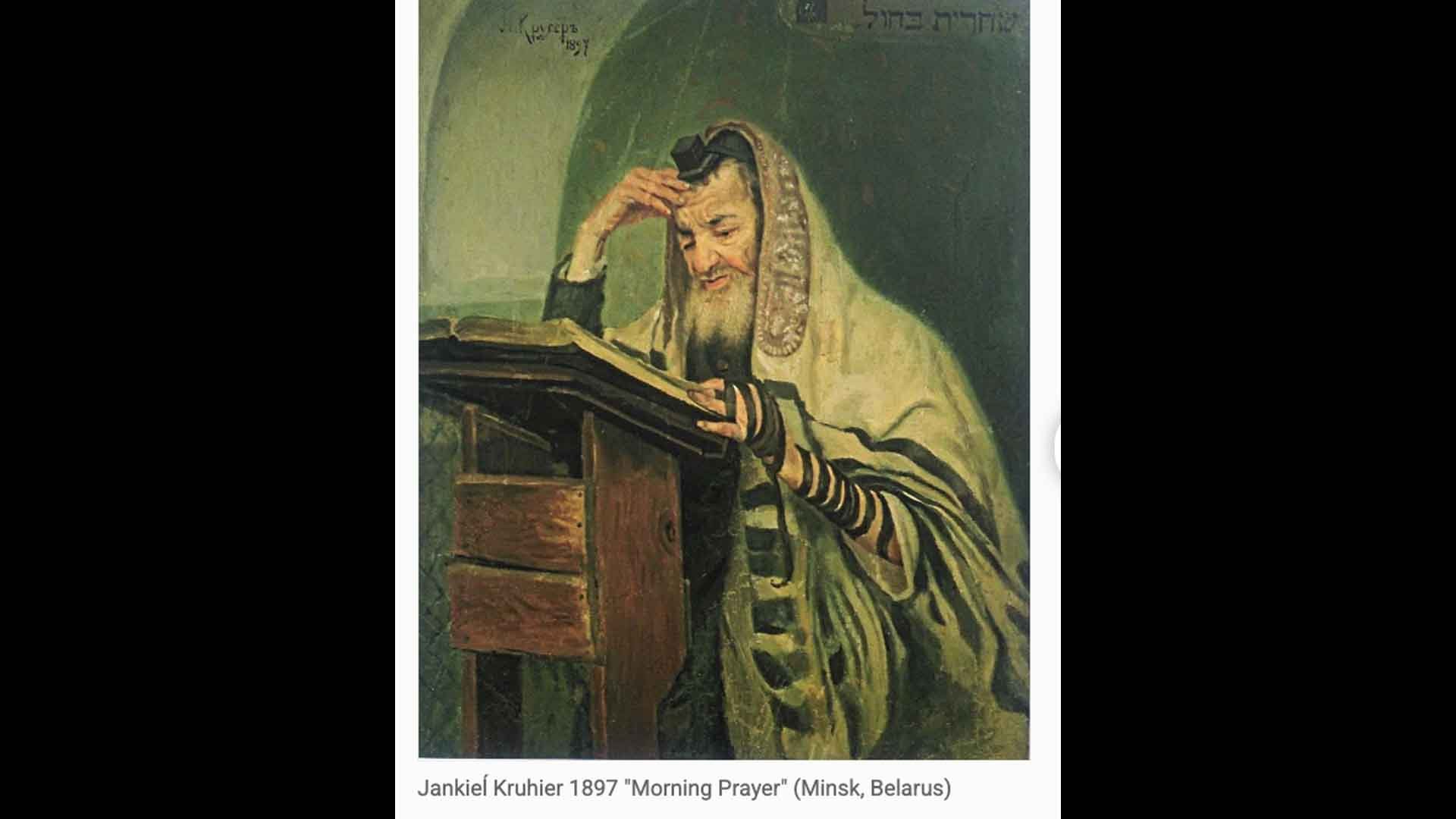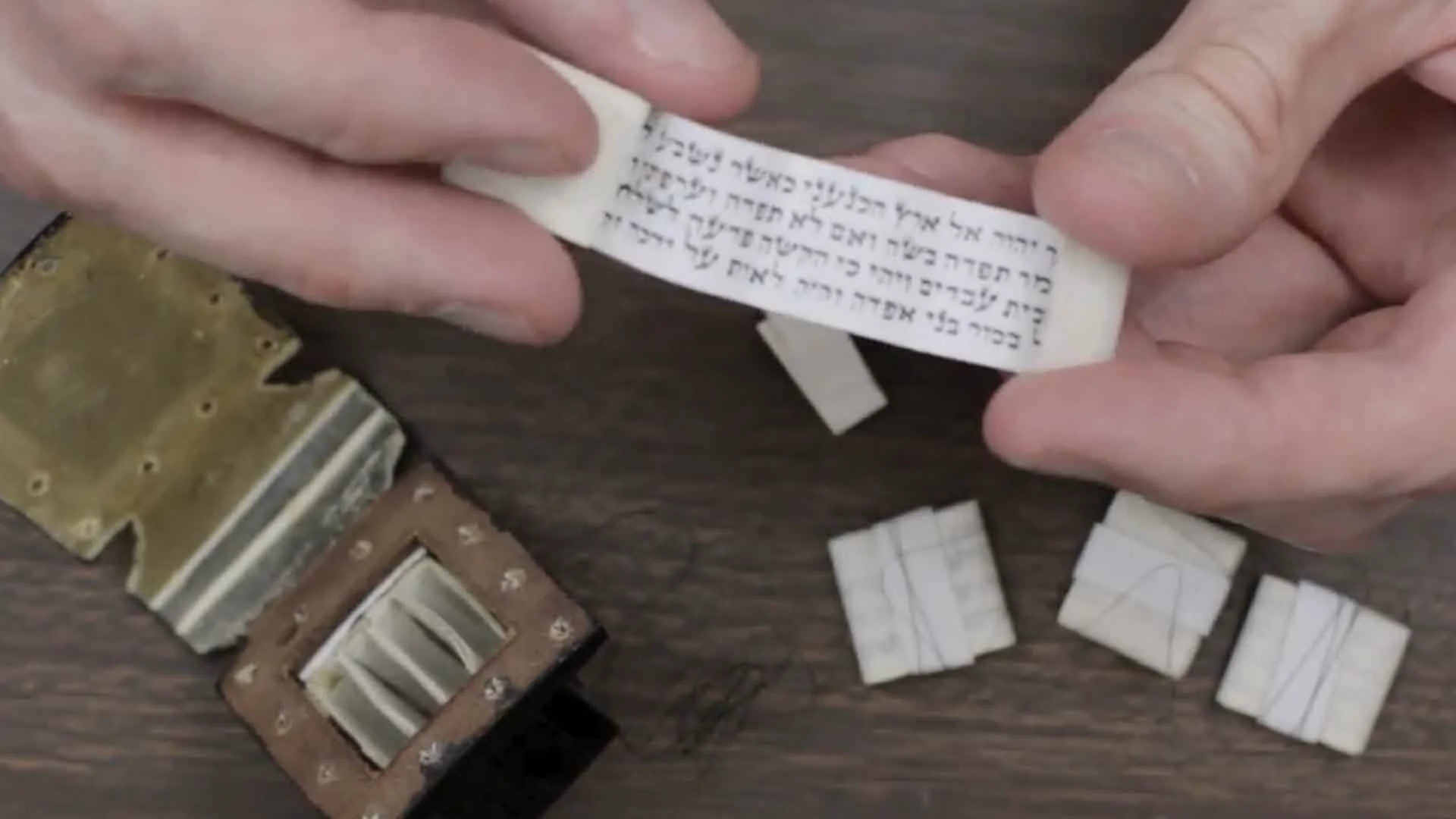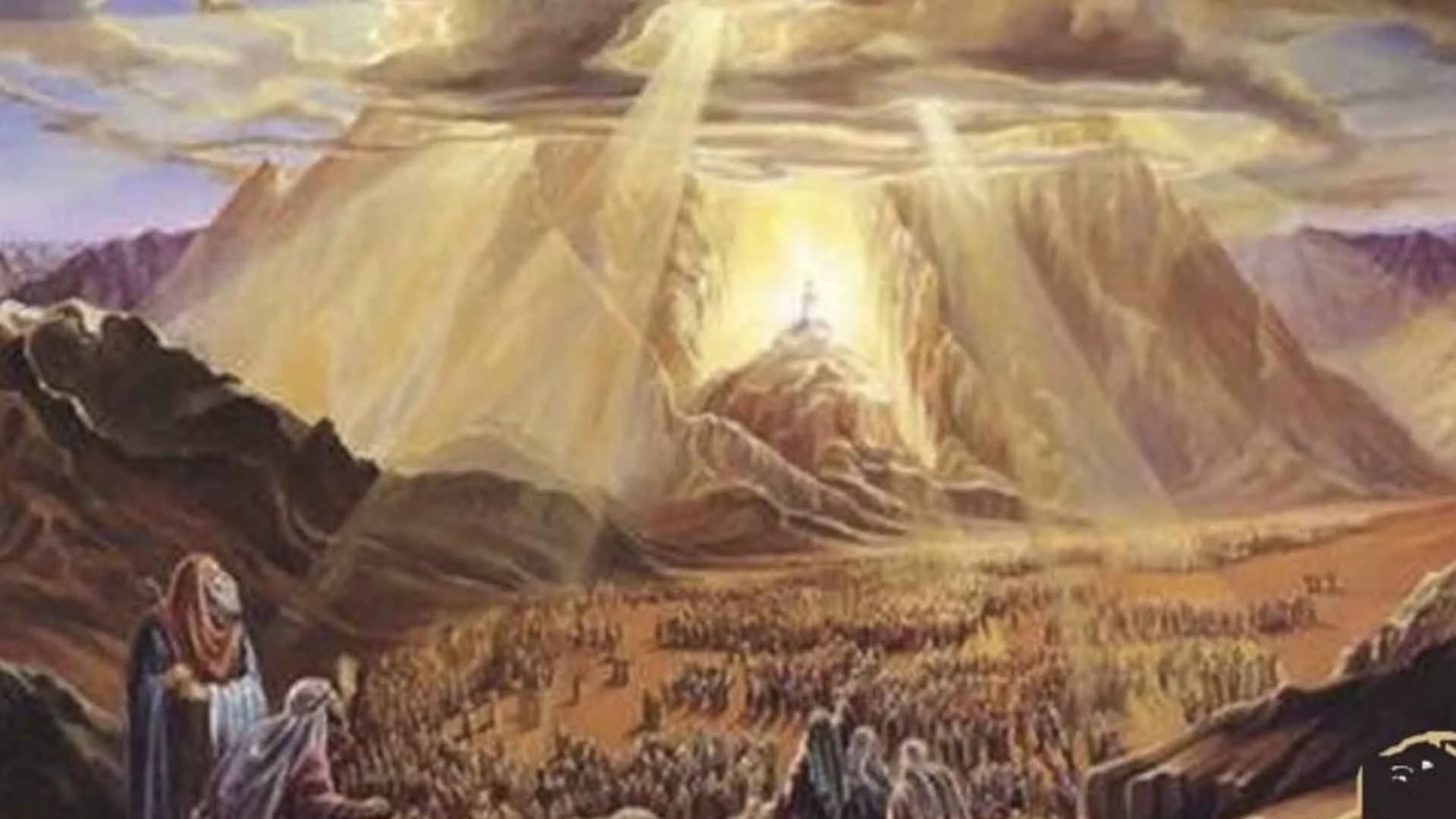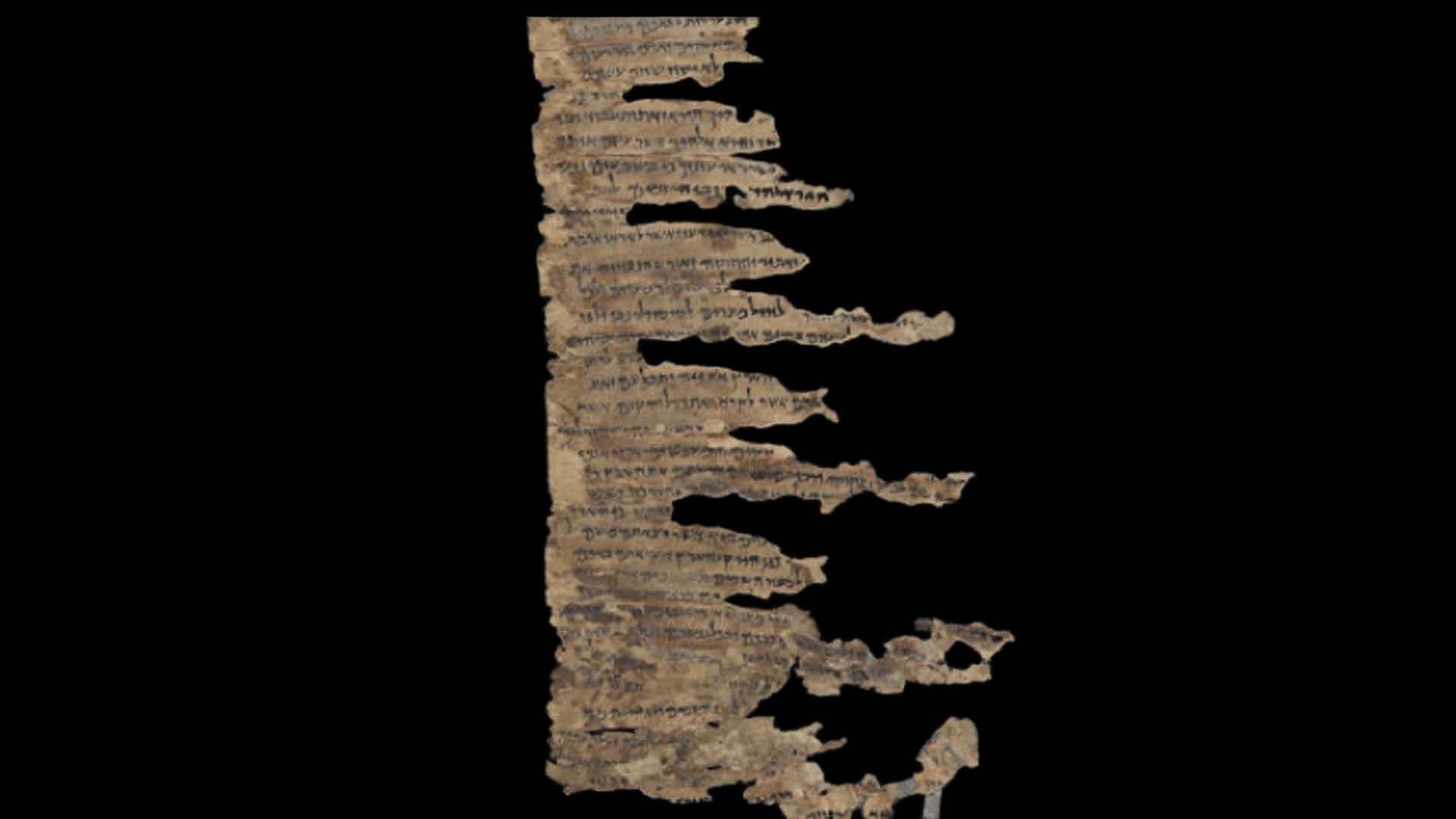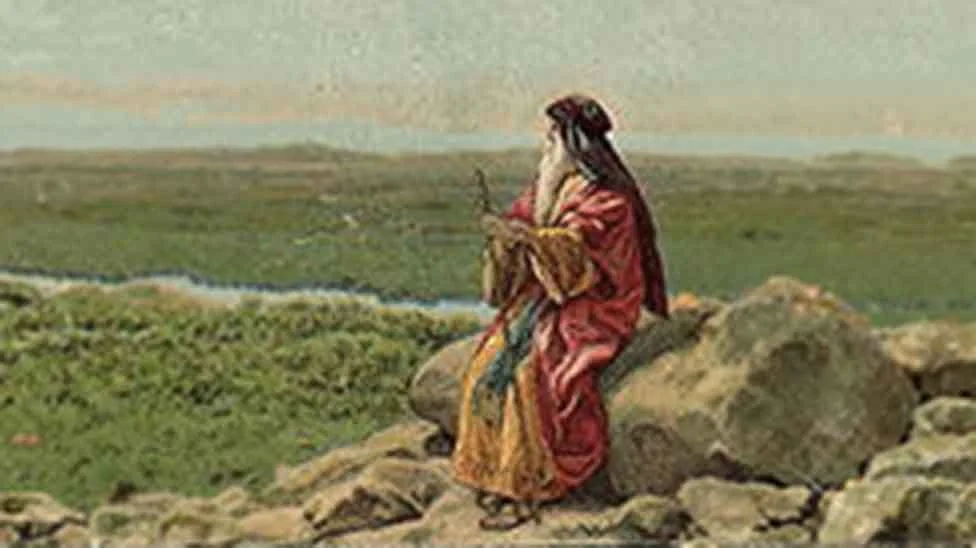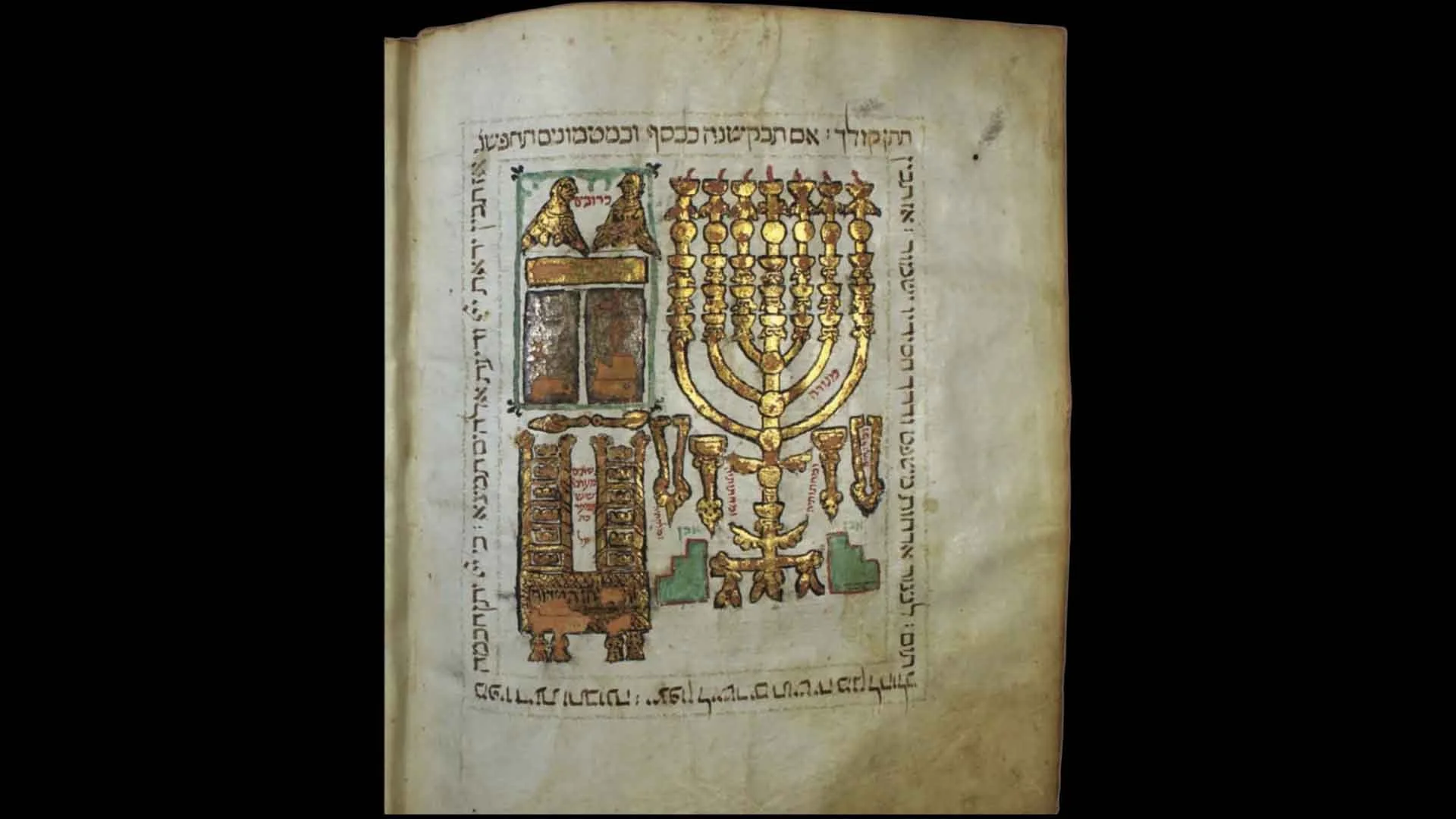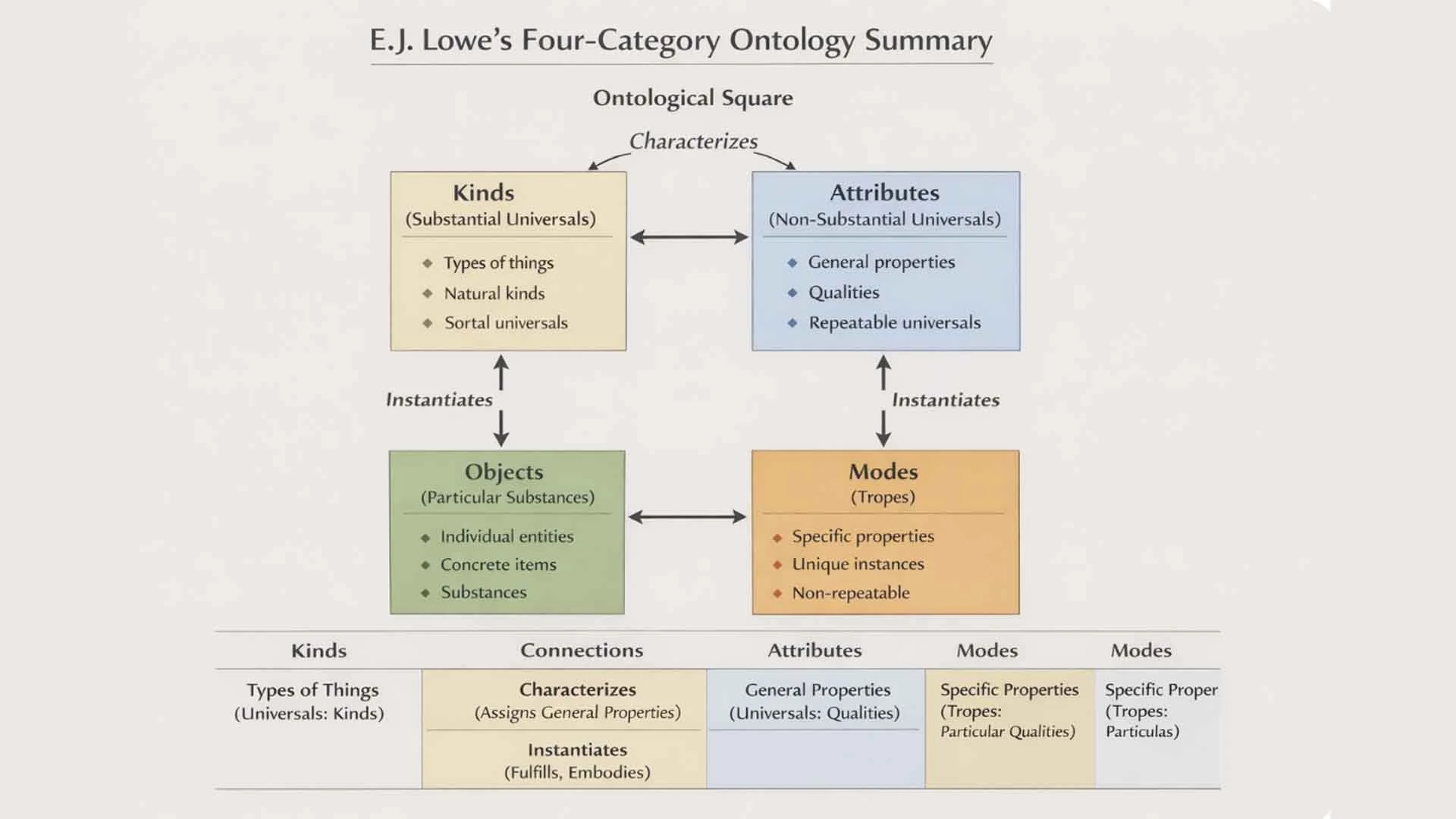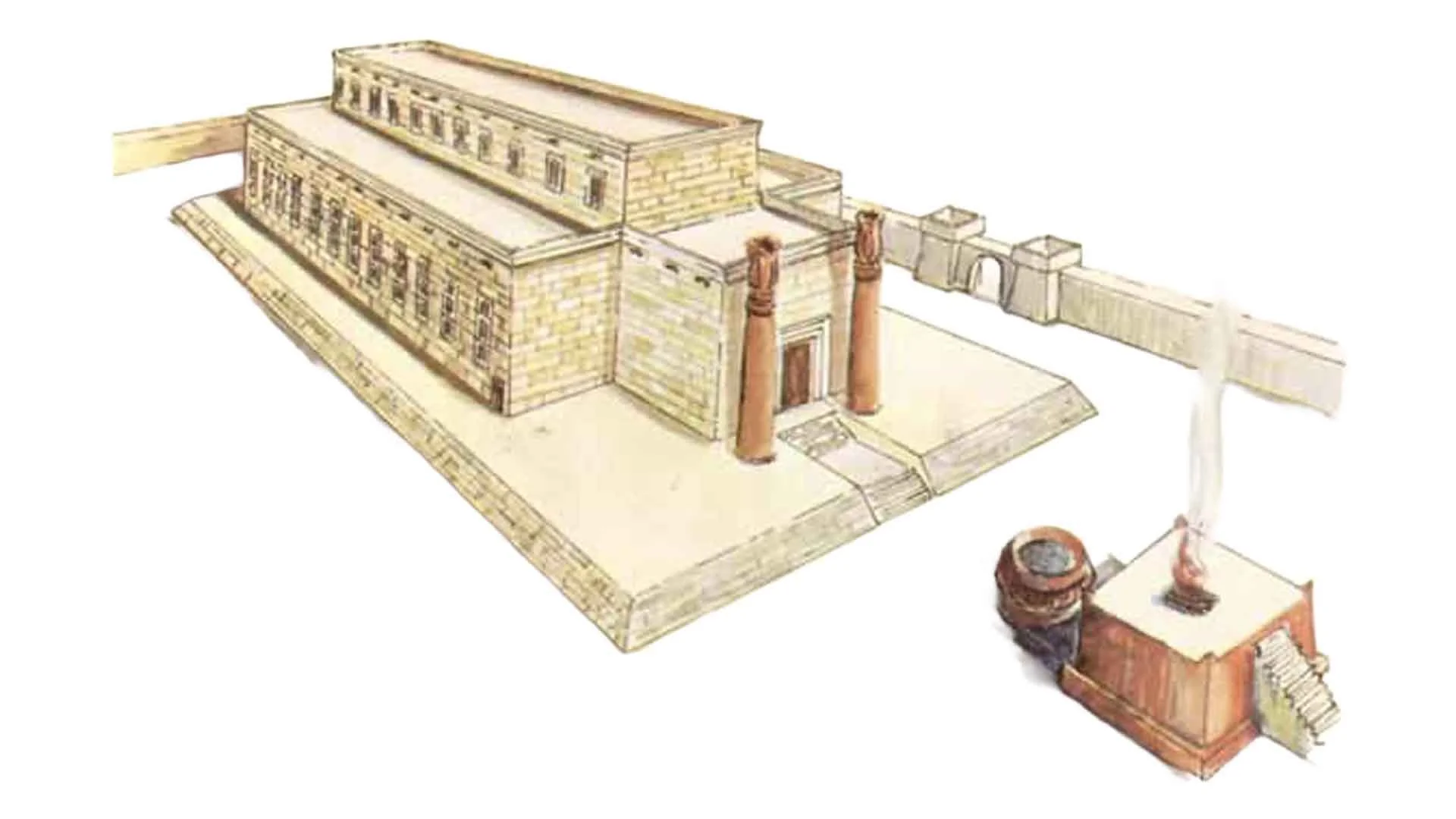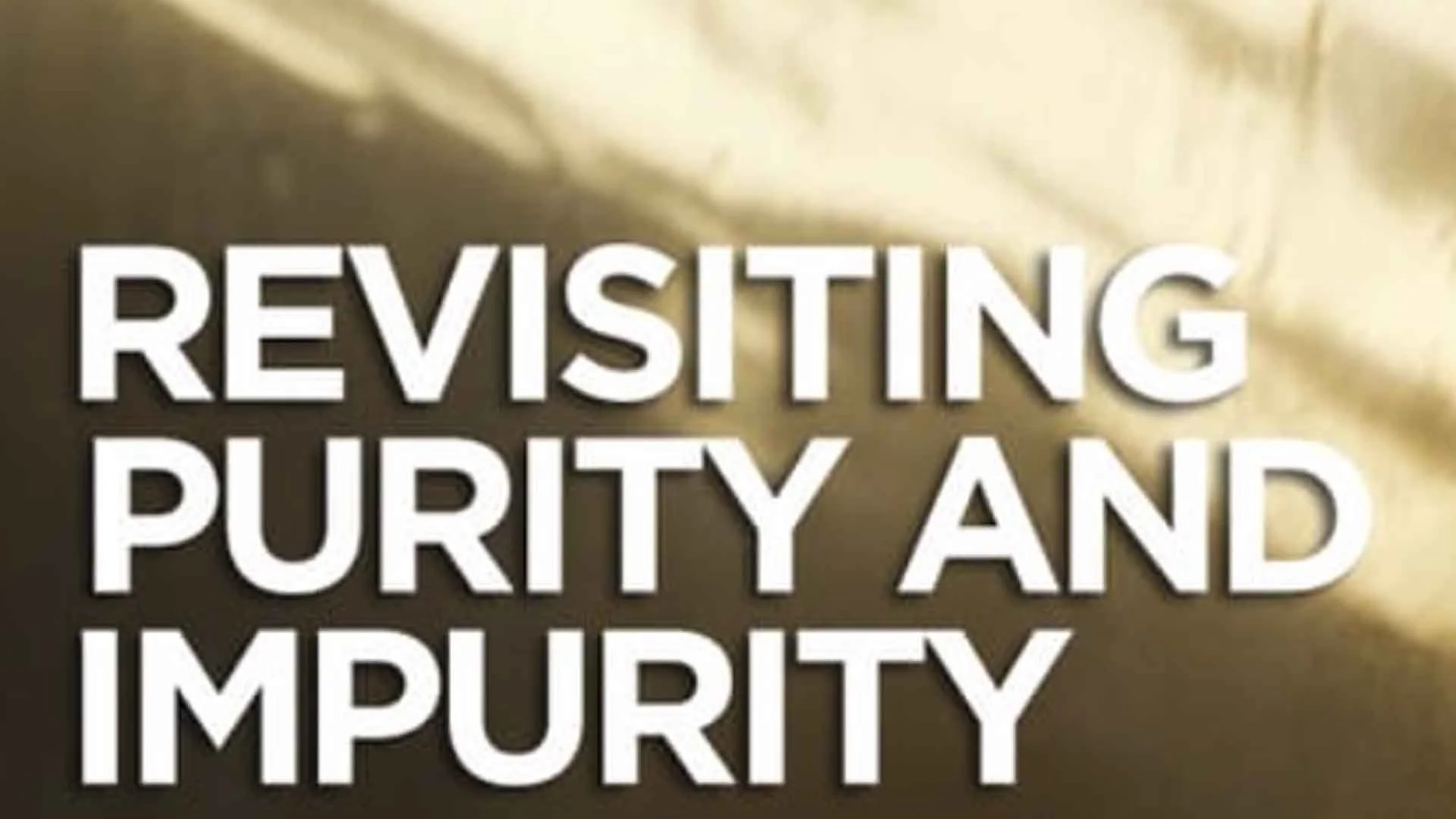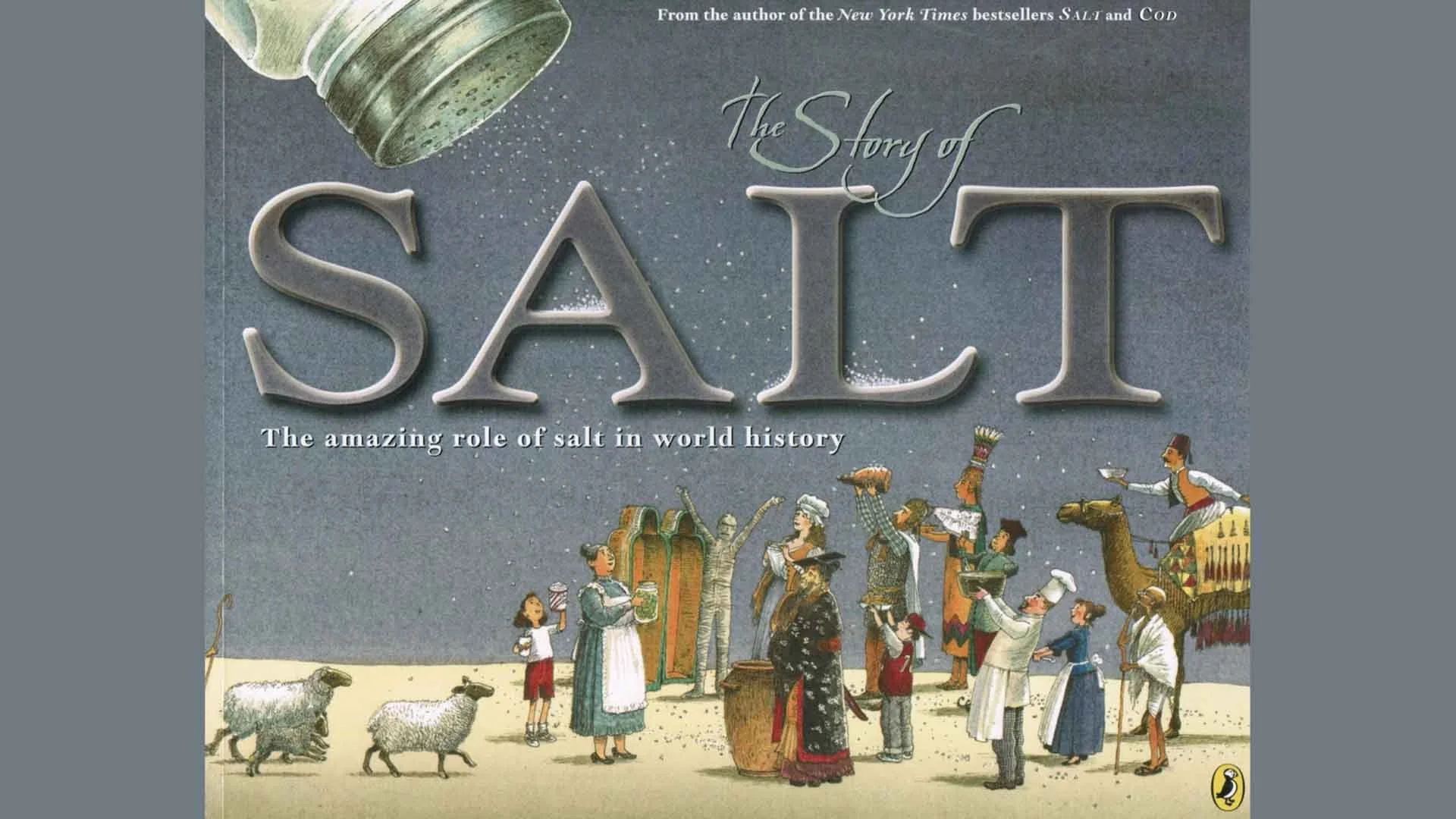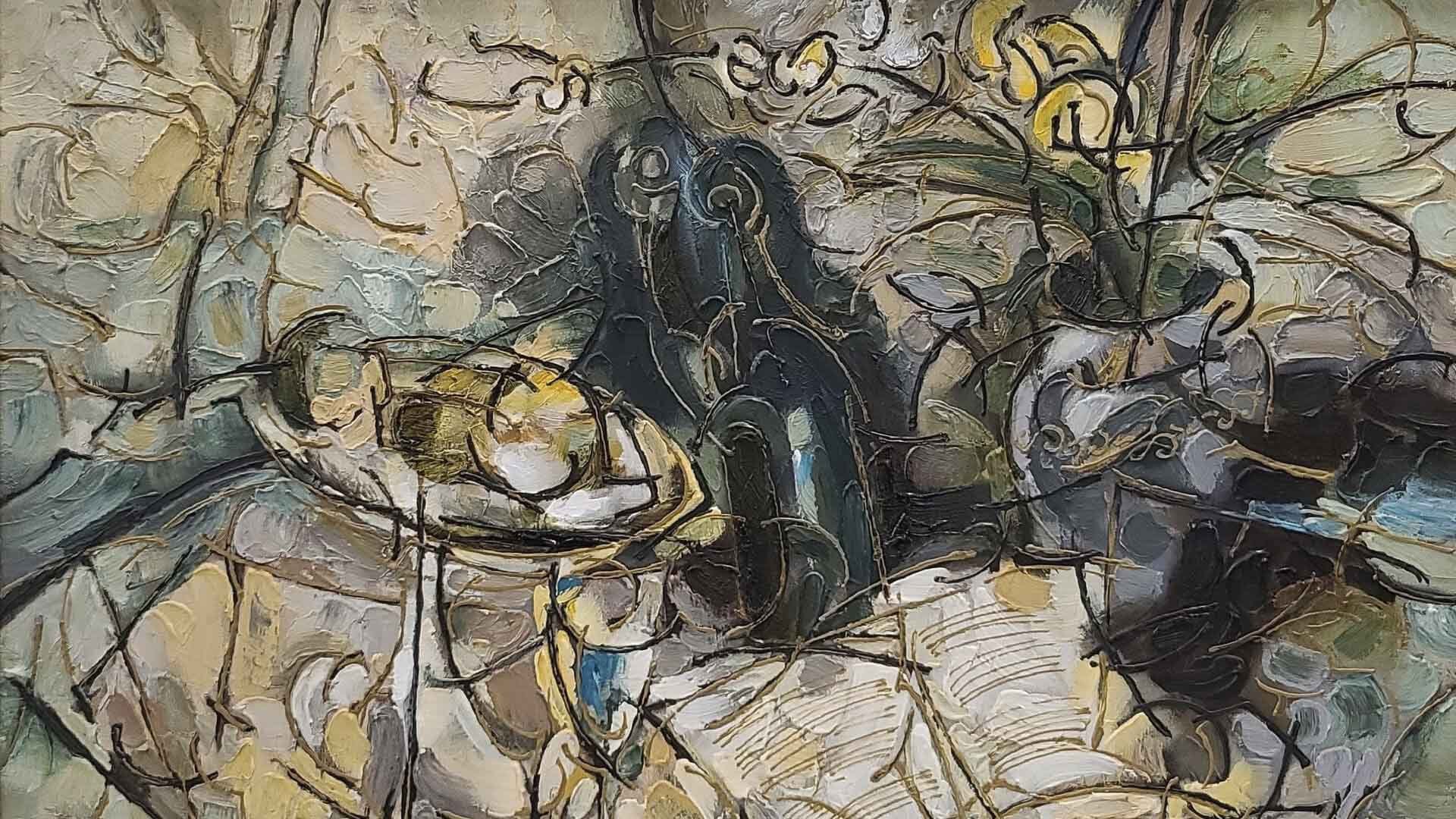For the source text click/tap here: Menachot 38
To download, click/tap here: PDF
The fourth perek of Massekhet Menaḥot, Perek HaTekhelet, which begins on today’s daf continues discussing a number of loosely related commandments that have two or more parts.
Unlike the previous perek, which dealt with commandments whose different parts depend on one another, (e.g. the four parshiyot in tefillin or the four tzitziyot on a four-cornered garment) this perek focuses on mitzvot that do not depend on each other, so that each part is viewed as a separate commandment that can be fulfilled in-and-of itself (e.g. the tefillin of the arm and the tefillin of the head, or the tekhelet of tzitzit and the tzitzit themselves).
We explore the controversial emergence of the use of techelet in modern times


